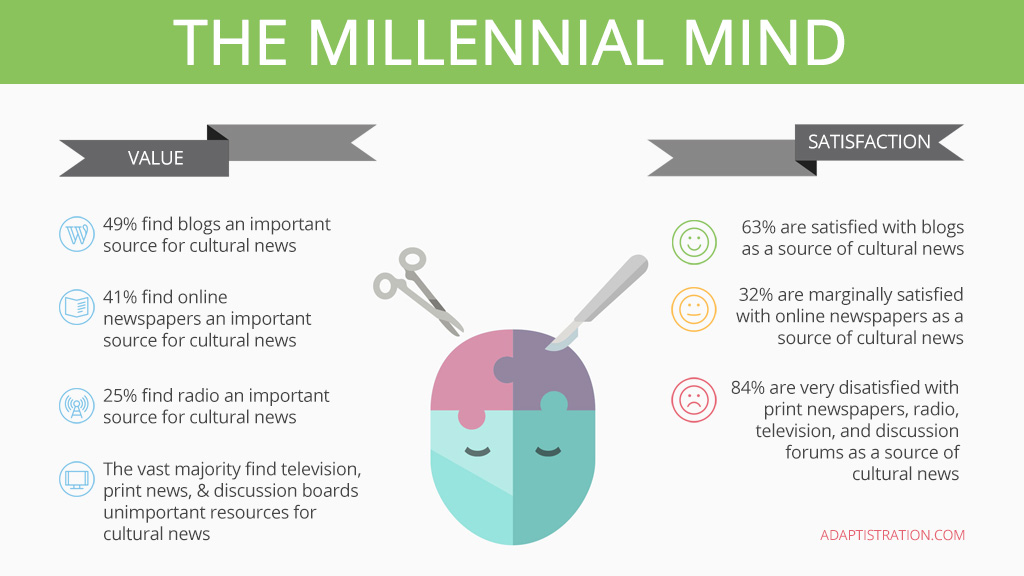In response to the article from A Coffee Mug Runs The Cleveland Orchestra, I received the following note from Thomas in Lexington, KY:
Subject: dumber than usual
Mr. McManus,
[Regarding] the Cleveland Orchestra’s coffee mug— most people catch on that they really should read more than just the first entry of results from search engines. For example…
I think I’m going to… send my resume to the Cleveland Orchestra c/o of the coffee mug. You never know, it may just call and offer me a job.
I just did a Google search for “Drew McManus.” Sure enough, the first entry was for Arts Journal. The second was for the inventor of a trash can cyclone lid. If the coffee mugs at the Cleveland Orchestra ever need an experienced designer of trash cans I will be happy to recommend you for the job.
Thanks to Thomas for taking the time to read the article and send in a note, I completely agree with him that you should look into subsequent search results. If you’ll notice on the Cleveland search site if you enter in either “marketing direct, executive director, or music director, there are no listings for the actual individuals anywhere in the results.
If you follow Thomas’ lead and conduct search for “Drew McManus” at Google, you’ll notice the second result isn’t for an inventor of a trash can cyclone lid, it’s a product review for a trash can cyclone lid – I know because I wrote it (by the way, it’s a great product; if your interested in woodworking or dust collection you can read the review here or here). Following results will show links to two other Drew McManus’, one is a cartoonist/artist and the other is the head of Adobe’s anti-piracy department.
I would hope that the intent of the Cleveland article was not obscured by the comments made in the original article; that it was exceedingly difficult for anyone using the Cleveland Orchestra website search feature to find information about administrative staff members. It also shows a fundamental flaw in either the search engine their website uses or the way they input data into the site.
And when it comes to distributing information, orchestras need to be more open and provide easier access than many currently do.
Postscript: I did share a few follow up email messages with Thomas and I think we ended up having a much better understanding of each other’s point of view so rest assured it all had a happy ending.


